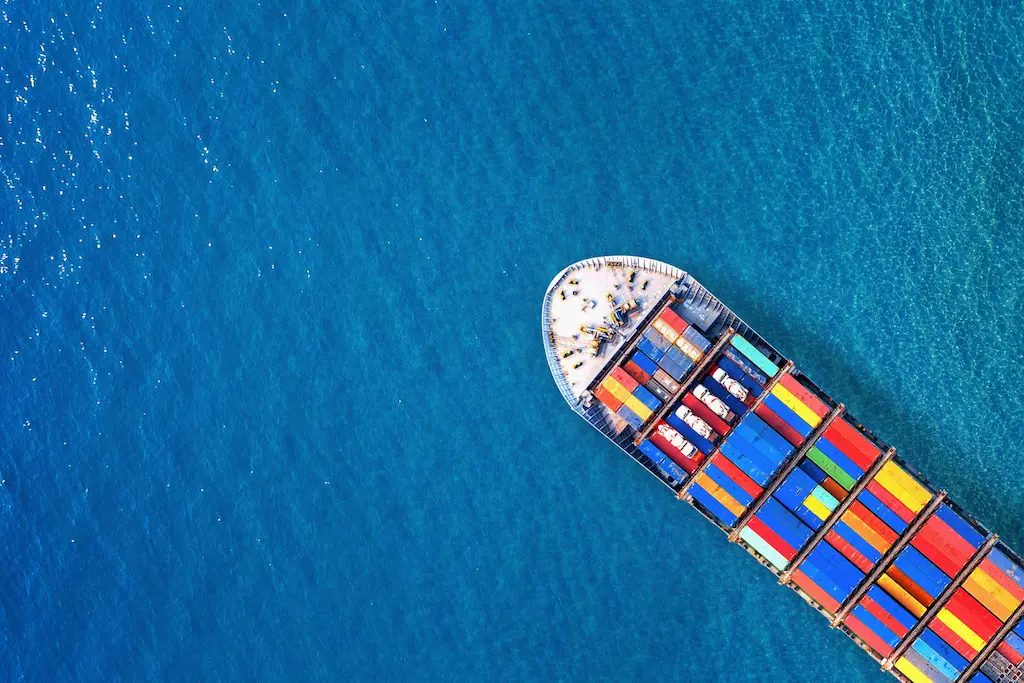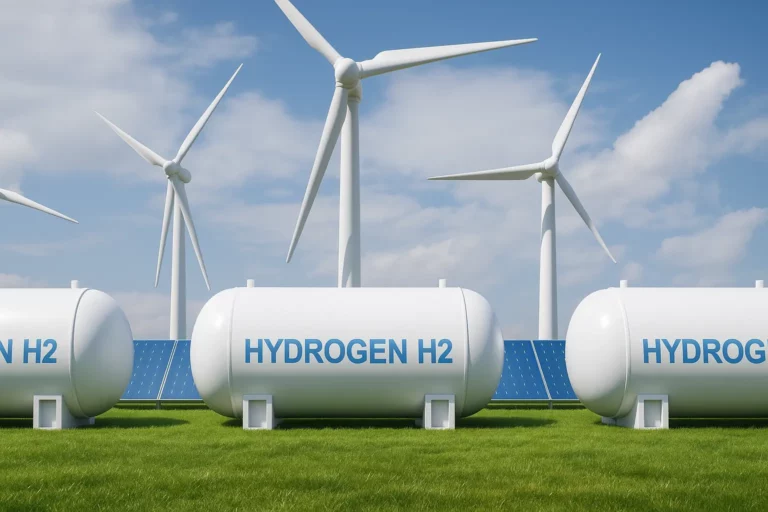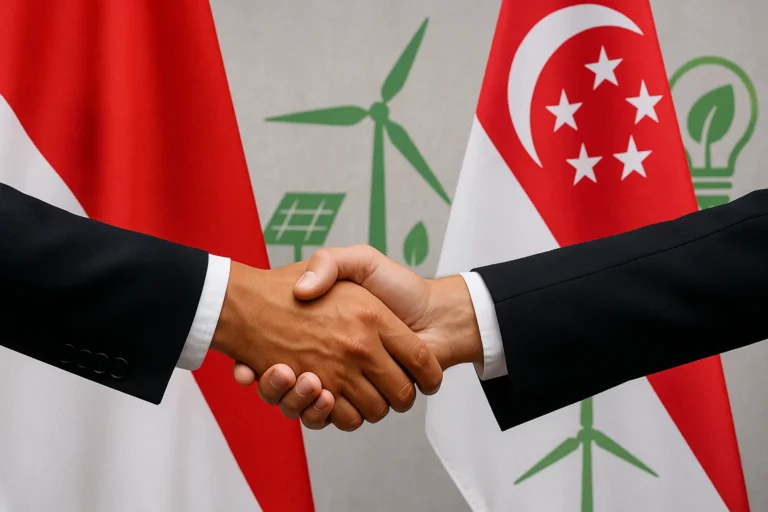A Historic Milestone in Maritime Decarbonization
The International Maritime Organization (IMO) has approved the first-ever global carbon pricing mechanism for shipping—a pivotal step toward aligning the maritime sector with global climate goals.
Key Highlights:
- Implementation Timeline: Formal adoption is set for October 2025, with enforcement beginning in 2027 for ships over 5,000 gross tonnage.
- Carbon Pricing Structure: Ships exceeding emissions thresholds will incur fees of up to $380 per tonne of CO₂.
- Revenue Allocation: Projected to generate $11–12 billion annually, funds will support the transition to net-zero emissions by 2050.
While this agreement marks a significant advancement, critics argue that the measures may not be sufficient to meet the IMO’s 2030 emissions reduction targets and may lack strong incentives for early adoption of zero-carbon fuels.
This development sets a precedent for global industry-wide carbon pricing and underscores the importance of continued collaboration among stakeholders to enhance climate ambition.

In a landmark move for global maritime decarbonization, the International Maritime Organization (IMO) has approved draft regulations that will impose a global carbon pricing mechanism and mandatory fuel standards across the shipping sector. These measures—finalized during MEPC 83 and set for adoption in October 2025—aim to push international shipping toward net-zero greenhouse gas emissions by 2050. The framework, which will become binding in 2027, applies to vessels over 5,000 GT, responsible for 85% of the sector’s CO₂ emissions. It includes a well-to-wake fuel intensity (GFI) standard and a pricing model through the creation of the IMO Net-Zero Fund, which will channel fees toward clean tech, training, and support for vulnerable states.
Despite the milestone, the carbon pricing scheme has drawn mixed responses. Starting 2028, ships exceeding GFI thresholds will pay up to $380/tonne on their highest-emission fuels. The initiative is projected to generate $30–40 billion by 2030. While shipping leaders like Guy Platten of the ICS and Joe Kramek of the World Shipping Council hailed the agreement as “historic” and “unprecedented,” critics including Emma Fenton of Opportunity Green called it too weak to deliver the scale of transformation needed. Others, such as Hon. Ralph Regenvanu of Vanuatu, condemned nations like the US and Saudi Arabia for undermining stronger climate action.
Technical challenges remain. The new rules may only deliver an 8% emission reduction by 2030, far below the IMO’s 20% interim target. Furthermore, fossil-based fuels like LNG will still be permitted initially, facing stricter rules over time. While nearly 1,000 renewable-capable ships are expected by 2030, the Global Maritime Forum emphasizes that stronger targets and clearer implementation guidance are essential for a just transition. As IMO Secretary-General Arsenio Dominguez noted, this is “a base to build upon,” and the world will be watching as the next phase unfolds.
At Energy Academy Indonesia (ECADIN), we believe this milestone reflects the kind of bold action needed to drive meaningful climate progress. Our mission is to create a greener future by accelerating energy transition and promoting just sustainable growth. We’re proud to contribute through research, innovation, advocacy, and by connecting expertise, knowledge, business actors, and financing means. We value our diversity and focus on creating an inclusive environment where our team and partners can flourish.
References:
- IMO – IMO approves net-zero regulations for global shipping
- gCaptain – IMO Makes History with First Global Carbon Pricing Scheme for Shipping
- Reuters – Policy Watch: Unambitious global shipping deal a ‘lost opportunity’ for climate
- Reccessary – IMO reaches initial deal on first global shipping carbon pricing
- Maritime Hub – Historic Agreement: IMO Global Carbon Fee for Shipping









